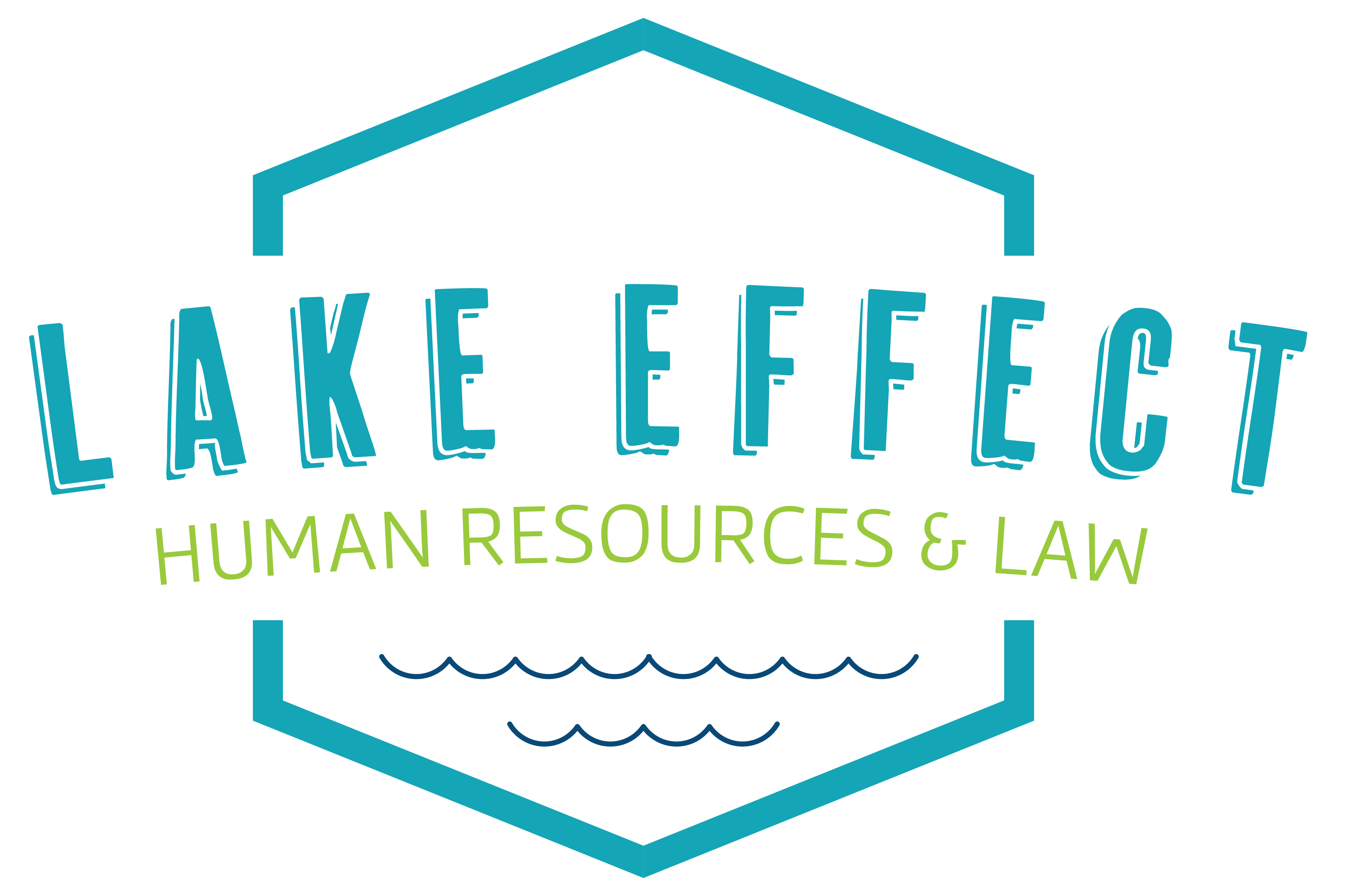On December 16, 2020, the EEOC updated its What You Should Know About Covid-19 and the ADA, the Rehabilitation Act, and Other EEO Laws to address COVID-19 vaccinations. The update confirms that employers may require approved COVID-19 vaccinations when they are available, but they must do so in compliance with EEO laws. Given the uncertain landscape created by the COVID-19 pandemic, the new guidance also specifies that EEO laws will not prevent employers from following applicable guidelines from the CDC or other federal, state, and local public health authorities.
Key take-aways from the EEOC’s updated guidance include the following:
- A COVID-19 vaccination is not a “medical examination,” nor does it implicate Title II of the Genetic Information Nondiscrimination Act (GINA). (K.1, K.8) The administration of an FDA approved or authorized COVID-19 vaccine by an employer or a third-party contractor does not constitute a “medical examination” for purposes of the ADA. Administering the vaccine likewise does not implicate GINA because it does not involve the use, acquisition, or disclosure of “genetic information” under the statute.
- Pre-vaccination medical screening questions may be “disability-related” inquiries under the ADA and could implicate GINA. (K.2, K.9) Pre-vaccination screening questions recommended by the CDC are likely to elicit information about a disability. Therefore, if an employer requires employees to receive vaccinations and administers them itself (or contracts directly with a third party to do so), it must show that pre-screening questions are “job-related and consistent with business necessity.” If an employer is administering vaccines itself, pre-vaccination questions that address or elicit genetic information could also implicate GINA.
- Employers can provide COVID-19 vaccinations (including pre-screening questions) without meeting the ADA “job related/business necessity” standard or implicating GINA under certain circumstances. (K.2) Employers can provide vaccinations while avoiding the legal challenges involved in pre-vaccination screening questions in at least two ways:
- the employer can offer vaccinations to employees on a voluntary basis (where answering pre-screening questions is also voluntary, and questions do not seek genetic information); or
- the employer can arrange to have vaccinations administered by a third party with whom it does not have a direct contract (i.e., a pharmacy or other outside health care provider).
- Rather than administer COVID-19 vaccinations, employers can simply recommend employees get the vaccine and then request or require proof that an employee received a COVID-19 vaccination. (K.3) An employer who requests or requires proof of a COVID-19 vaccination is not likely to elicit information about a disability, and the request therefore is not a prohibited “disability-related” inquiry under the ADA. However, the employer should avoid any follow-up questions and caution employees against providing any medical information beyond proof of vaccination.
- Employers should assess whether an employee with a disability who cannot take a required COVID-19 vaccine poses a direct threat at the worksite. (K.5, K.7) If an employee cannot receive a required COVID-19 vaccine due to a disability, the employer must assess whether that unvaccinated employee poses a “direct threat” at the worksite under the ADA. That assessment must consider four factors:
- the duration of the risk;
- the nature and severity of the potential harm;
- the likelihood that the potential harm will occur; and
- the imminence of the potential harm.
- If an unvaccinated employee with a disability poses a direct threat, the employer must then explore whether reasonable accommodations could eliminate or reduce that threat. (K.5) Employers can rely on CDC recommendations and OSHA guidance to assess potential accommodations. If the direct threat cannot be reduced to an acceptable level, the employer can prohibit the employee from physically entering the worksite. However, the employer may not automatically terminate that employee. Rather, the employer should consider remote work or other off-site arrangements for the unvaccinated employee.
- Employers must try to accommodate employees who cannot take a required COVID-19 vaccine because of a sincerely held religious belief. (K.6, K.7) If an employer learns that an employee’s religious beliefs prevent them from taking a required COVID-19 vaccine, it must attempt to accommodate that employee if it can do so without undue hardship. If there is no reasonable accommodation possible, the employer may exclude the unvaccinated employee from the worksite. Again, however, this does not mean that the employer may automatically terminate that employee. Rather, the employer should explore other work arrangements and the implications of other federal, state and local EEO laws.
Based upon current EEOC guidance, employers in most industries can alleviate administrative burdens, minimize legal exposure, and best achieve a vaccinated workforce by strongly recommending that employees obtain a COVID-19 vaccine or by providing vaccinations administered by an unrelated third-party healthcare provider. Employers can also lawfully request or require proof of vaccination without collecting any other private health information about their employees.
For additional and information and discussion of COVID-19 vaccinations and what they mean for employers, please see Lake Effect’s prior blog on vaccines. We will continue to closely monitor all developments in this area and provide you with important updates.




